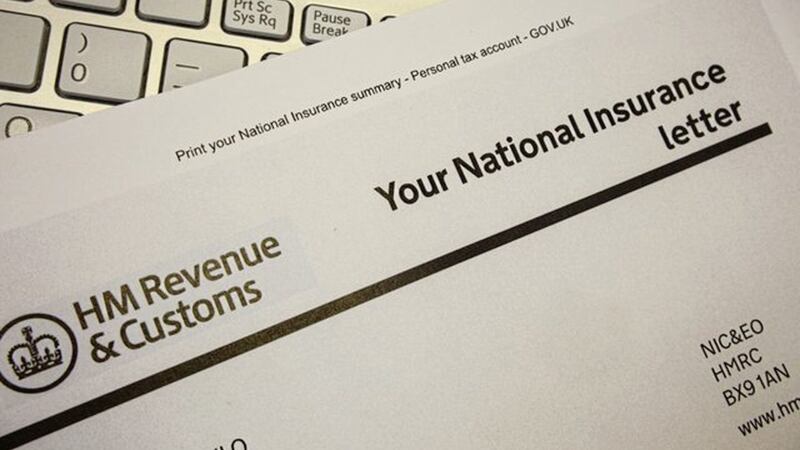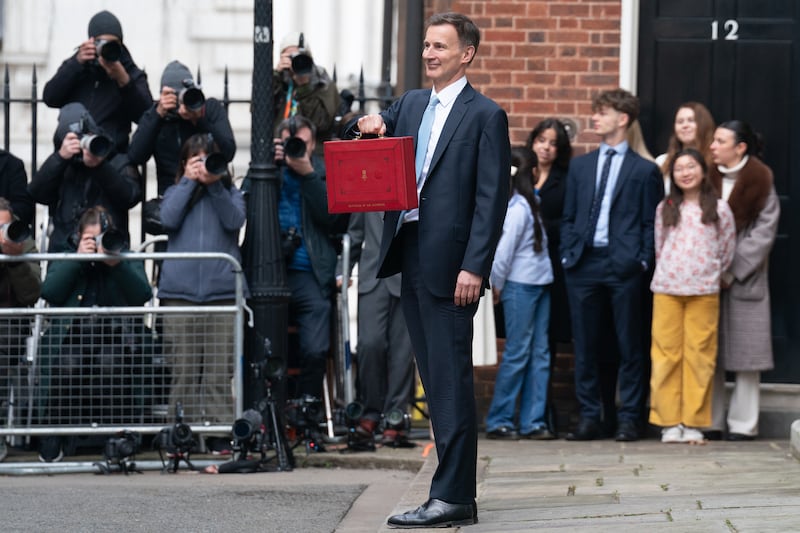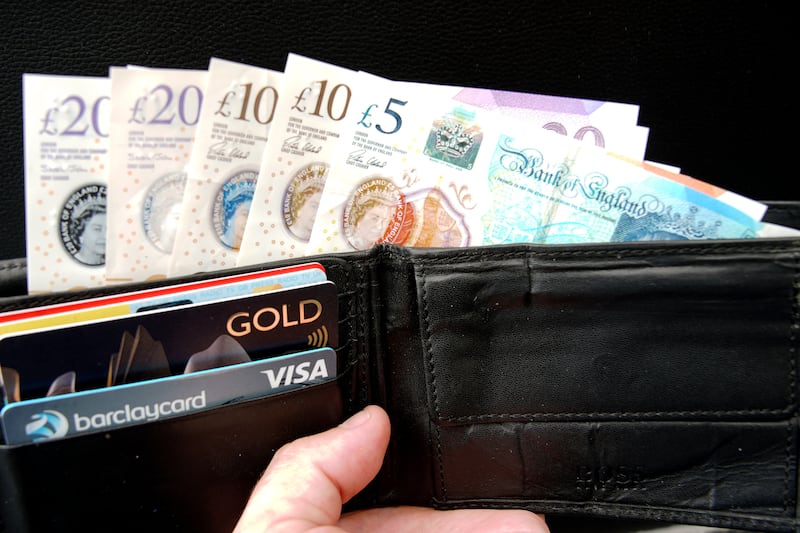MANY people will start to see a boost in their pay packets this month as they grapple with surging living costs.
From today, the threshold at which people pay National Insurance (NI) will increase.
The move follows a controversial 1.25 percentage point increase in NI in April, to help pay for health and social care, which came amid a string of other bill hikes, including a jump in the energy price gap.
NI starting thresholds will rise from £9,880 to £12,570 from July 6.
The UK Government has previously said this will benefit nearly 30 million working people with a typical employee saving over £330 in the year from July.
Seven in 10 (70 per cent) workers who pay National Insurance contributions (NICs) will pay less, even after accounting for the health and social care levy, the Government said previously.
Of those who benefit from the threshold increase, 2.2 million people will be taken out of paying NICs altogether, it added.
Alice Haine, personal finance analyst at investment platform Bestinvest, said a £330 saving "won't stretch far when you realise that only equates to £27.50 a month".
She continued: "Yes, every penny counts in this cost-of-living crisis and for some, that £27.50 could be the difference between having dinner every night and sometimes going without.
"For others, however, that amount will barely make a dent in their budgets as they struggle to pay the household bills amid rampant inflation as soaring food, fuel and energy prices become the norm."
Ms Haine added: "All of this is set against a backdrop of falling real wages where runaway inflation is eroding any pay uplift workers receive, so any saving will quickly be swallowed up.
"Delve deeper in the NI figures, and the saving made in July on NI is actually not that great if you go back in time a little.
"This is because the threshold at which NI kicks in had already increased in April, going from £9,568 to £9,880, with the main rate for employees rising to 13.25 per cent from 12 per cent, as the Government sought to bolster the NHS and social care by introducing a 1.25 percentage point health and social care levy.
"It means those on lower to middle incomes, earning less than around £35,000 are the biggest gainers this month, as they will see their NI bill cut by more than the amount they pay through the 1.25 percentage point levy."
She said higher earners will still end up paying more overall.
Commentators have also recently highlighted how frozen income tax thresholds are pushing more people into paying higher tax bills, as wages rise.
Figures released by HM Revenue and Customs (HMRC) last week showed nearly two million higher and additional rate taxpayers have been created in the space of three years.
Around 6.1 million taxpayers are projected to be paying income tax rates at the higher rate of 40 per cent or the additional rate of 45 per cent in 2022/23.
Back in 2019/20, the total number of higher rate and additional rate taxpayers combined was approaching 4.3 million.
Sarah Coles, senior personal finance analyst at Hargreaves Lansdown, said: "Unfortunately, as time goes on, the tax burden is going to grow.
"The frozen tax thresholds until 2026 mean that as wages gradually increase, the taxman is (syphoning) off more and more of your cash."
Ms Coles added: "Any saving will be welcome right now, but it's going to be a drop in the ocean.
"Someone paying £10 or £20 less in tax each month isn't going to notice once they've factored in the rising cost of everything from energy to food and fuel."
Inflation is expected to top 10 per cent in the months ahead, exerting further pressure on households.







